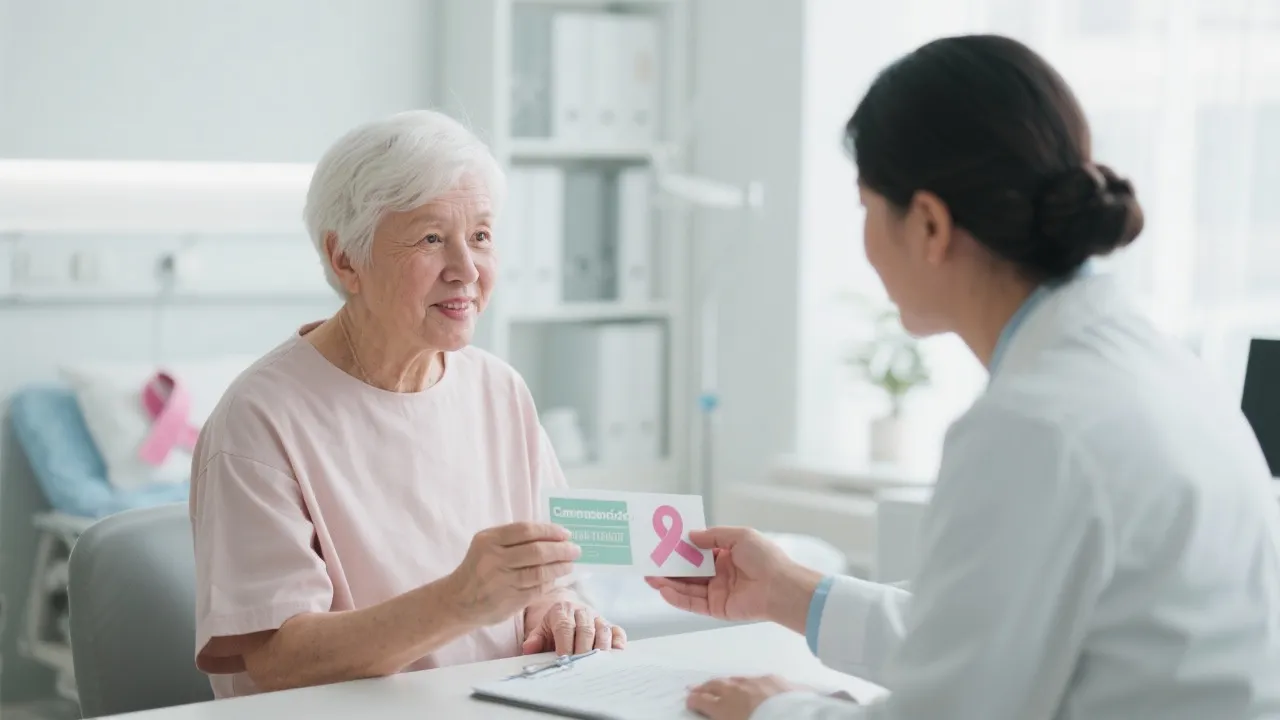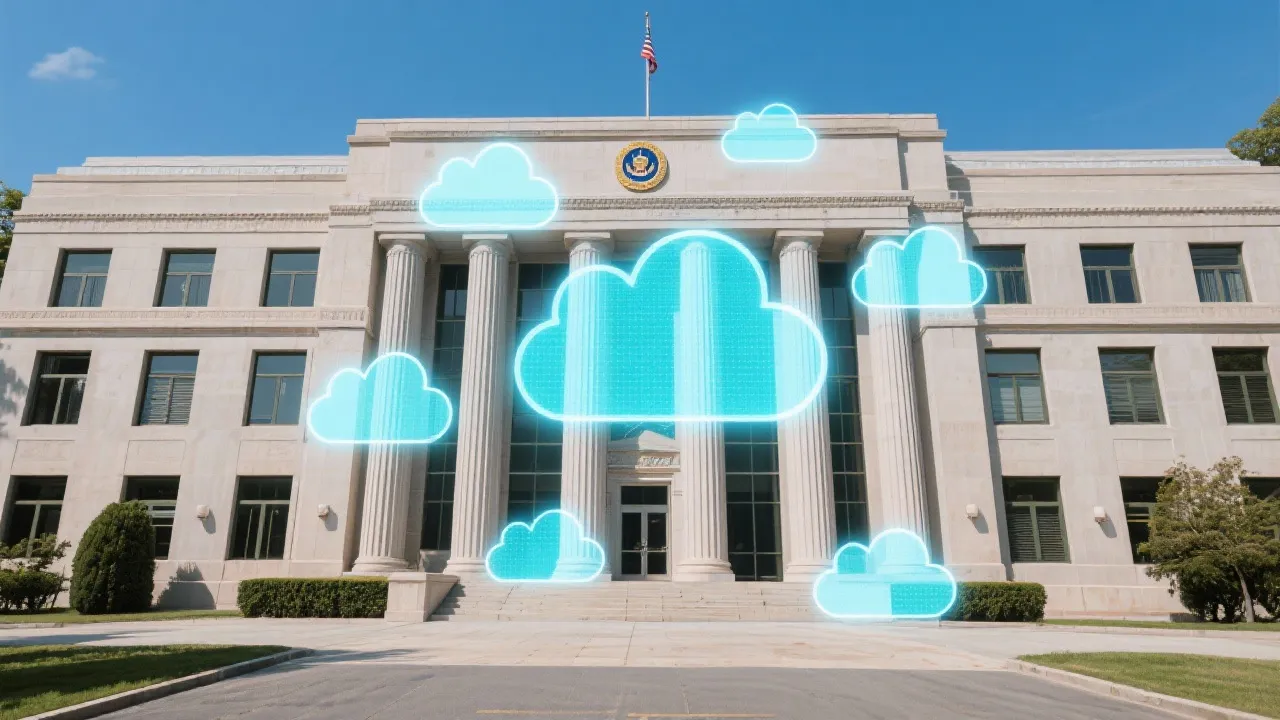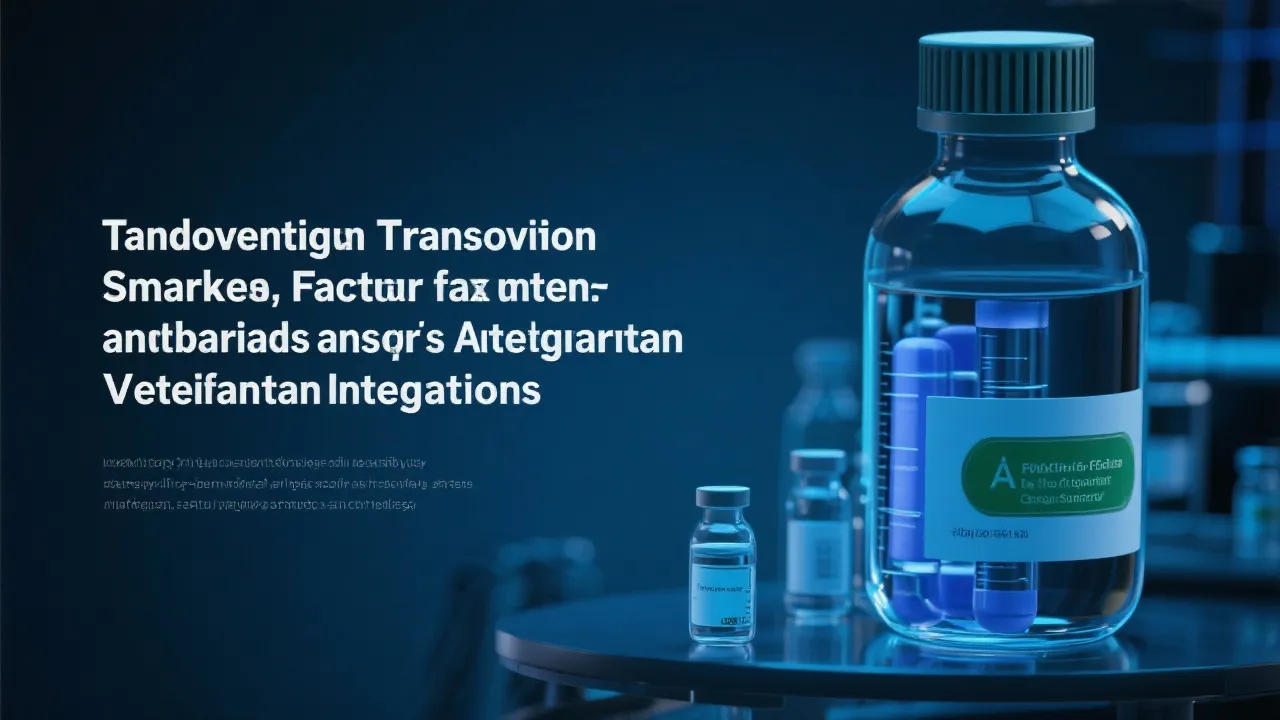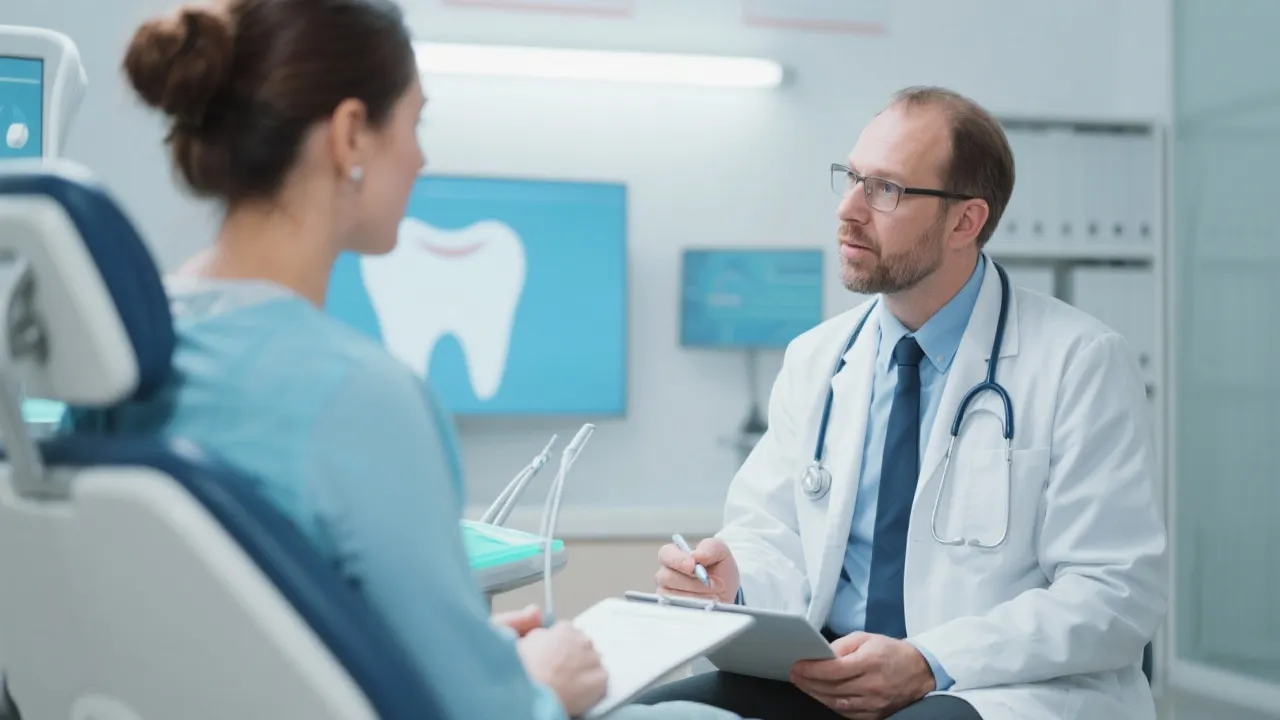Comprehensive Guidance on Alunbrig CoPay Support
Discover various forms of financial aid available for Alunbrig treatment in ALK-positive non-small cell lung cancer. This guide covers the Takeda Oncology Co-Pay Assistance Program, Here2Assist resources, and other available support networks, ensuring patients can focus on their health without financial obstacles.

Alunbrig CoPay Card and Financial Relief Programs
For those managing ALK-positive non-small cell lung cancer, the Alunbrig copay card and Takeda Oncology's Co-Pay Assistance Program play critical roles in reducing the financial stress of treatment. Understanding eligibility and available support allows for a more affordable treatment process, helping ensure finances don't hinder access to necessary care. With the rising costs of cancer medications, it's essential to leverage tools that can mitigate these expenses and provide an avenue for a more accessible treatment path.
Alunbrig CoPay Card Benefits for Commercial Insurance Holders
The Alunbrig copay card eases financial pressure for patients beginning Alunbrig treatment under commercial insurance. By bridging insurance shortcomings, this card reduces copay costs significantly, allowing patients to focus on their health rather than their finances. Using this card, eligible patients can pay as little as a certain amount per month, drastically cutting down out-of-pocket expenses associated with Alunbrig. The Takeda Oncology Co-Pay Assistance Program aims to assist those whose insurance doesn't fully cover Alunbrig, enhancing treatment accessibility. Eligibility requires U.S. residency, age 18+, and private insurance, while government-insured individuals aren't eligible.
It is crucial for potential users of the Alunbrig copay card to familiarize themselves with specific application procedures. Signing up can often be done online or through a healthcare provider's office, and once obtained, the card can be presented at the pharmacy when filling prescriptions. Moreover, patients are encouraged to keep track of their treatments and note any changes in their insurance coverage, which could affect their eligibility for copay assistance programs.
Support Options for Medicare Beneficiaries and Alunbrig Users
Medicare recipients face unique challenges, as the Alunbrig copay card is unavailable to them. Unfortunately, traditional Medicare plans often impose financial burdens on patients, as they might cover only a portion of the medication costs for Alunbrig. Fortunately, there are alternatives available for Medicare beneficiaries. Foundations like the Cancer Care Co-Pay Foundation and Patient Advocate Foundation Co-Pay Relief provide financial assistance, with specific qualification criteria aimed at reducing cancer treatment costs. These organizations often have dedicated funds specifically for different types of cancer medications, including targeted therapies like Alunbrig.
Additionally, social workers can help navigate support programs such as Medicare's "Extra Help" initiative, which is designed to assist low-income beneficiaries with their prescription drug costs, ultimately alleviating medication expenses. It’s also advisable for patients to work closely with their healthcare team to identify any clinical trials that may offer subsidized access to medications or additional financial support during treatment.
Comprehensive Assistance from Takeda Oncology's Here2Assist
The Here2Assist program by Takeda Oncology offers a comprehensive support system, ensuring treatment with Alunbrig is as seamless as possible. This support involves logistical assistance with insurers and pharmacies, facilitating easy medication delivery and adherence to prescribed treatment regimens. For many patients, the psychological burden of managing complex healthcare logistics can significantly hinder their ability to focus on their recovery; Here2Assist addresses these concerns head-on.
Apart from financial aid, the program assigns case managers who accompany patients throughout the treatment process, providing ongoing support and customizing resources to meet individual needs. These case managers are trained professionals who can assist with questions regarding medication schedules, potential side effects of treatment, and integrating nascent therapies with a patient’s overall health strategy. The focus on personalized assistance through Here2Assist ensures that patients have a reliable support system, consistently advocating on their behalf and ensuring that they remain informed and empowered during their treatment journey.
Exploring Broader Support Mechanisms
For patients lacking private insurance, there are still vital options beyond the Alunbrig copay card. Thoroughly understanding criteria and application processes for alternative assistance programs can unlock essential financial relief. Many federal programs provide essential support, such as the Low-Income Subsidy, which can significantly decrease out-of-pocket costs for prescription medications. Programs like Medicaid also exist to provide coverage for those who qualify based on income and household size, making essential medications more accessible for low-income patients.
Beyond government-funded programs, there are private organizations and foundations dedicated to providing grants and financial assistance to cancer patients. Organizations like the Leukemia & Lymphoma Society or the American Cancer Society have specific funds to aid individuals undergoing costly cancer treatments. Digital health tools, including financial savings platforms and apps that provide comparative pricing for medications, have also emerged as innovative solutions to empower patients in managing their treatment costs.
Moreover, local community resources may be available, including support groups that offer informational workshops focused on financial navigation during a cancer treatment journey. These groups can help patients learn from others who have gone through similar experiences, sharing strategies for accessing resources and optimizing their use of available assistance programs.
Navigating Alunbrig CoPay Support Mechanisms
Successfully managing ALK-positive cancer treatment costs hinges on effectively utilizing copay programs like those for Alunbrig. The Takeda Oncology Co-Pay Assistance Program and Here2Assist initiative are designed to minimize financial burdens and optimize treatment processes. Those outside the realm of commercial insurance coverage can explore a variety of support resources to lessen their financial responsibility for medical expenses. Utilizing these assistance programs rightly can enhance treatment outcomes, ensuring that financial concerns do not detract from patient well-being.
Additionally, it’s essential for patients to maintain open lines of communication with their healthcare providers regarding their financial situation. Physicians, nurses, and financial counselors can offer tailored advice about accessing benefits or coping with unexpected costs associated with treatment. They can also help identify alternative therapies that may be more affordable, further supporting patients in navigating their healthcare journey without financial stress looming over them.
In conclusion, the financial landscape surrounding Alunbrig treatment for patients with ALK-positive non-small cell lung cancer, while complex, is made more manageable through various support programs. By understanding and utilizing the resources available, patients can significantly mitigate their financial burden. This not only facilitates adherence to treatment but ultimately contributes to improved overall health outcomes and the quality of life during a challenging time.




